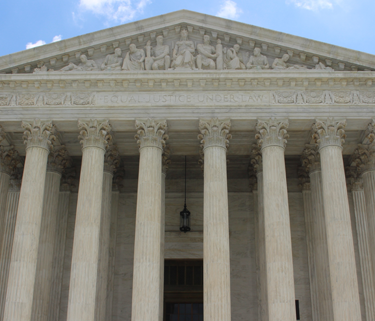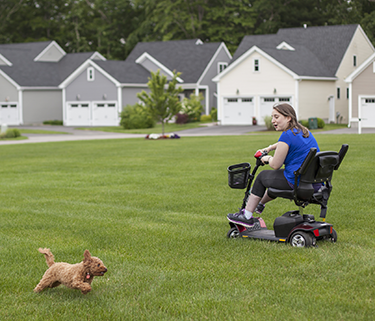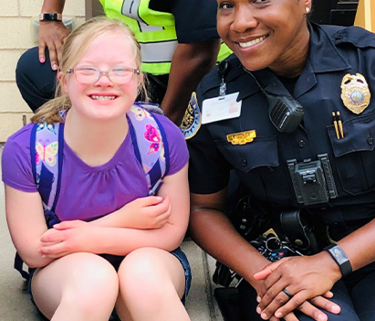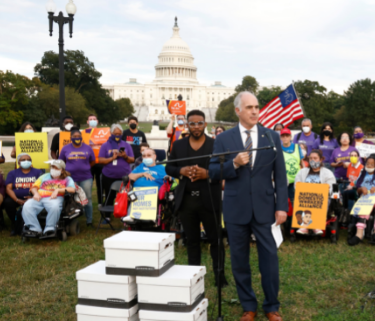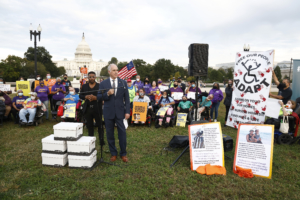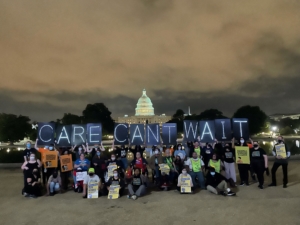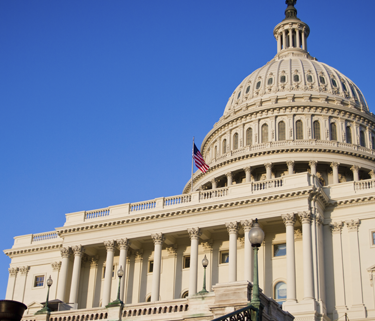WASHINGTON, DC — Speaker Nancy Pelosi, U.S. Senators Cory Booker (D-NJ), Maria Cantwell (D-WA), Robert Casey (D-PA), Tammy Duckworth (D-IL), Kirsten Gillibrand (D-NY), Patty Murray (D-WA) and Ron Wyden (D-OR), Reps. Rosa DeLauro (D-CT), Debbie Dingell (D-MI), Lloyd Doggett (D-TX), Sara Jacobs (D-CA), Jackie Speier (D-CA) and Bobby Scott (D-VA) joined parents, caregivers, care workers, and advocates Thursday to express support for care infrastructure investments in the Build Back Better budget reconciliation package.
Specifically, members of Congress voiced their support and explained why workers, families, businesses and our economy need care infrastructure investments immediately, including paid family and medical leave, in-home-and community-based services for elders and people with disabilities, a fully refundable Child Tax Credit (CTC), living wages and a path to citizenship for all care workers.
“All over the country people with disabilities, and their families are going without the support that they need due to decades of lack of investment in Home and Community-Based Services, resulting in stagnant pay for direct care worker wages, for a workforce doing life-giving work,” said Nicole Jorwic, Senior Director of Public Policy, The Arc of the United States. “The dedicated funding for HCBS will raise wages for these workers, create more and better direct care jobs, provide more services for those going without, and support family caregivers who are currently filling the gaps that the service system leaves behind. Now is the time to build back better to support people where they want to live, in their homes and communities.”
“The time to build a care infrastructure that lifts our economy, our families and our country is now. America’s moms, dads, and caregivers are rising across the nation to let Congress know that care can’t wait, and neither can our economy,” said Kristin Rowe-Finkbeiner, Executive Director and CEO of MomsRising. “We must end the days when moms, dads, and caregivers lose their jobs when a baby comes or critical illness strikes, when families can’t afford quality child care, when care workers don’t earn living wages, when people with disabilities and the aging can’t access or afford in-home care, and when tens of millions of America’s children are raised in poverty. A care infrastructure will lift families, enable moms and parents to work, support businesses, boost our economy, and create millions more good jobs. It will allow for a just recovery from the pandemic and make our country more successful.”
“Small businesses are demanding programs like paid leave and child care that will help ease the burden of high costs on working families and support entrepreneurs. It’s past time to level this playing field,” said Main Street Alliance Co-Executive director Chanda Causer. “An investment in our overall care economy is an investment in small businesses, and our local community. It is important to move both pieces of infrastructure legislation together. One without the other will limit an equitable or sustainable recovery. Small businesses are watching closely to make sure any investments in our economy are truly investments in an equitable recovery and future.”
“Home and community based services literally keeps myself and millions of Americans alive and at home with our families. Fully funding home and community-based services, would allow seniors and people with disabilities to receive the care they need at home to live with dignity and respect with their families and loved ones,” said Ady Barkan, Co-Founder of Be A Hero. “Not only will fully funding home and community based services allow for seniors and people with disabilities to live at home with dignity and respect, but it will finally give caregivers the respect they deserve through a living wage. The historic investments in HCBS will have an outsized impact on the nation’s overall employment, and the employment of women and women of color. Millions of Americans are counting on Members of Congress to seize this moment, be heroes, and fully fund home and community based services.”
“Home care workers no matter where we work or live need the right to form a union,” said Latonya Jones-Costa, a home care worker from Atlanta. “I’m an expert in my field with specialized skills and advanced certifications. I have just as much training and qualifications as other healthcare workers; however, I don’t earn a family-sustaining wage, have healthcare. I have to work two jobs just to keep the lights on. It’s hard to fight for those basic benefits when I don’t have an opportunity to join a union, and unfortunately in our industry that was done by design. Now we have a better chance to undo these injustices and fight for our basic benefits so we can better provide essential care to our clients.”
“The pandemic has exacerbated the care crisis most women — especially Black and Brown women — in this country have been facing for decades. Millions of women have been forced out of the labor market as women-dominated industries were hit the hardest by the pandemic and caregiving needs at home increased,” said Monifa Bandele, Interim President and CEO at TIME’S UP Now. “The system is broken and women and families are suffering, and so is the economy. Women’s labor force participation has reached its lowest point in 30 years. We can’t achieve family economic security or safe, healthy, thriving communities if women can’t productively engage in the workforce because they don’t have access to quality child care or care for their elderly relatives or family members with disabilities. We are the only wealthy nation that doesn’t guarantee paid family leave, which undermines our workers’ productivity. Care can’t wait and the time to care is now.”
“Here’s the bottom line: Babies’ growing brains can’t choose between the things they need. Neither should Congress,” shared Dr. Myra Jones-Taylor, ZERO TO THREE’s Chief Policy Officer. “Millions of parents in this country are forced to make impossible decisions every single day about caring for and supporting their babies. Today, we are on the cusp of shoring up our crumbling care infrastructure and supporting families and parents in providing for their children. The Build Back Better Act answers the call for a baby agenda that provides elements essential for healthy development with paid family and medical leave; a comprehensive child care system that addresses both the high costs and limited supply of quality care that plagues parents with young children; and an enhanced Child Tax Credit that could cut child poverty in half. This is a once-in-a-generation opportunity to respond to families’ needs today and to build a strong foundation for generations to come. Babies and families need a care infrastructure that paves the way for healthy development and strengthens families, communities, and our country.”
“We have the opportunity to do something meaningful—and truly transformational—to help every working family in this country but particularly the women of color hit hardest in an ongoing crisis,” said Dawn Huckelbridge, Director of Paid Leave for All. “We have the opportunity to pass policies that would yield millions of jobs, billions in wages, and trillions in GDP and to leave a powerful, profound legacy—to finally make history by passing paid leave in the United States. Care must be the cornerstone of our recovery, our rebuilding, and this package.”
“Families can’t thrive, and the economy can’t recover, until we have the policy solutions that support all of us in caring for the people we love,” said Olivia Golden, executive director of the Center for Law and Social Policy (CLASP). “That’s why we urge Congress to ensure the Build Back Better Act includes provisions to address our nation’s long-standing failure to support care for children, seniors, and people with disabilities—problems, which the pandemic has magnified, that disproportionately affect women, children, and communities of color. Significant investments in child care, pre-K, paid family and medical leave, continuation of the expanded child tax credit and Earned Income Tax Credit, and a pathway to citizenship are essential for our economic recovery.”
“People across the country are waiting for the Build Back Better agenda to pass, including robust investments in the care work that allows all other work to happen,” said Ai-jen Poo, executive director of National Domestic Workers Alliance and Caring Across Generations. “We all deserve an economy that gets women back to work, and we’ll get there when our leaders invest in home and community-based services, expand care services for our elderly and our loved ones with disabilities, lower care costs for families, and raise wages for the essential workers who do the work that make it all possible. It’s time for Congress to deliver and ensure that all of us, especially care workers themselves, can access the care we deserve.”
“Comprehensive, universal paid family and medical leave is essential for workers now more than ever,” said Lelaine Bigelow, Vice President for Social Impact and Congressional Relations at the National Partnership for Women & Families. We are grateful to our Congressional leaders who understand this, and who continue to fight for legislation that truly builds back better and provides support for women and families at this time when they need it most. Without robust care policies, our economy will only continue to suffer. At a time when many Americans are worried about their health and their economic stability, care simply cannot wait.”
The event was organized by MomsRising and Care Can’t Wait in partnership with Better Balance, Advocates for Children of NJ, American Association of People with Disabilities, American Federation of Teachers, Be a Hero, Building Back Together, Campaign for a Family Friendly Economy, CAP Action, Caring Across Generations, Center for American Progress, Center for Law and Social Policy (CLASP), Child Care Services Association, Coalition of Labor Union Women, AFL-CIO, Community Change Action, DC Action, Equal Rights Advocates, Family Values @ Work, Family Voices NJ, First Focus on Children, Institute for Women’s Policy Research, Kansas Breastfeeding Coalition, Low Income Investment Fund, Main Street Alliance, NARAL Pro-Choice America, National Asian Pacific American Women’s Forum (NAPAWF), National Association for Family Child Care, National Council of Jewish Women, National Domestic Workers Alliance, National Organization for Women, National Partnership for Women & Families, National Women’s Law Center, NCBCP/Black Women’s Roundtable, Oxfam America, Paid Leave for All, PL+US: Paid Leave for the U.S., SEIU, Stand for Children, Supermajority, The Arc of the United States, TIME’S UP Now, UltraViolet, United for Respect, United State of Women, We Demand More Coalition, Women’s March, and ZERO TO THREE.

